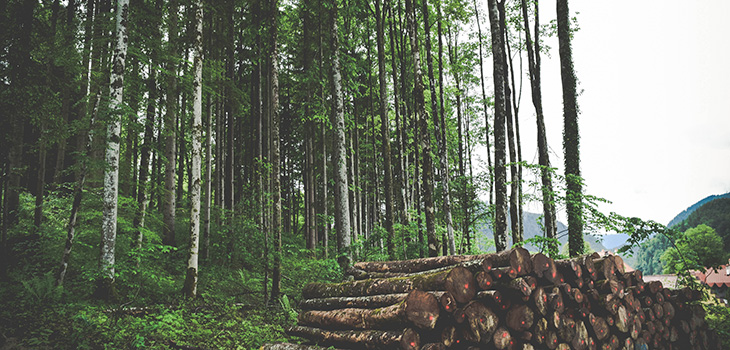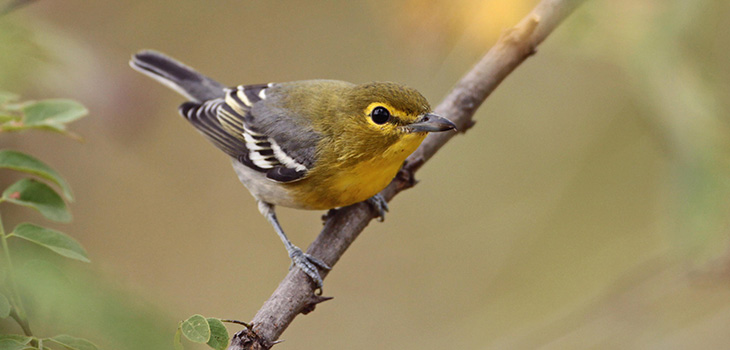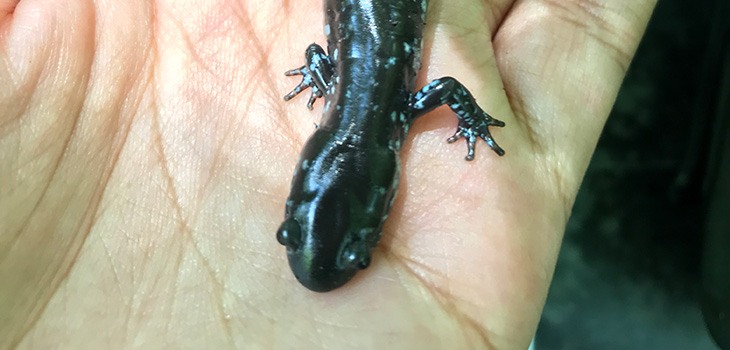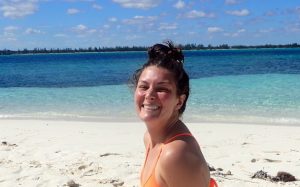
For some students, the prospect of a course in the Bahamas clinches the decision to attend Merry Lea’s Master of Arts in Environmental Education program. For Ali Sanders, the course also settled her career direction.
Growing up in Dover, Delaware, near the Delaware Bay, beaches and boats were part of Ali’s childhood. She knew she loved marine settings and wanted to do all she could to protect them. Ali was able to pursue this interest through Merry Lea’s program even though it is located in Northern Indiana.
The February course in the Bahamas offers students multiple benefits: intercultural experience, inspiring mentors and the chance to transfer their teaching skills to a new set of ecosystems are among them.
“I felt more comfortable teaching in that setting than I have anywhere else,” Ali remarked after returning. She is now confident that she wants to seek work in a context involving beaches and oceans.
An area of particular concern to Ali is the effects of microplastics on marine life. Microplastics are very small pieces of debris that have broken down from larger plastic waste but are not easily biodegradable. Fish and other sea dwellers ingest these tiny particles and pass them up the food chain. Ali recalls counting microplastics within a unit of beach sand and finding the results mind-boggling.
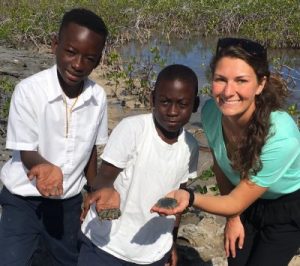 When Ali needed to present a topic for an environmental issues course, she chose microplastics. It was a chance to challenge her classmates to make a personal and group pledge to limit plastic use or dispose of it properly. Avoiding bottled water is one example of a behavior that can cut down on plastic use.
When Ali needed to present a topic for an environmental issues course, she chose microplastics. It was a chance to challenge her classmates to make a personal and group pledge to limit plastic use or dispose of it properly. Avoiding bottled water is one example of a behavior that can cut down on plastic use.
While in the Bahamas, Ali also tried out the pledge challenge with the elementary students she was teaching. “They had lots of great ideas!” she said. Hopefully these are the first of many plastic pledges that Ali inspires.

